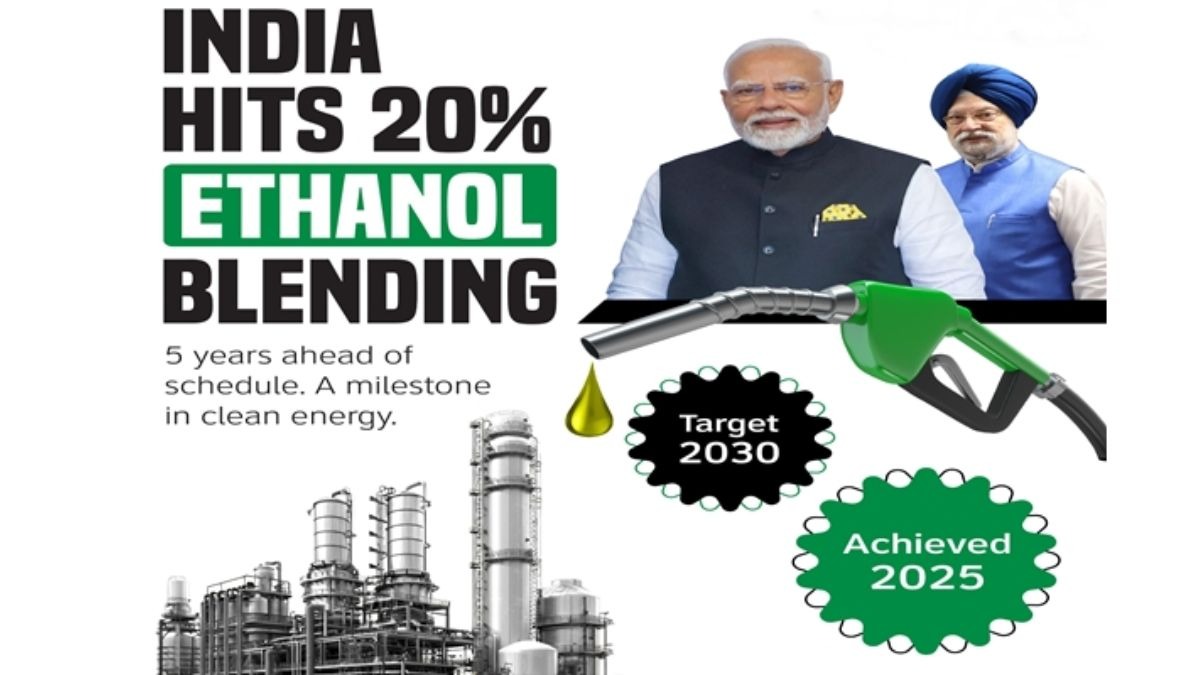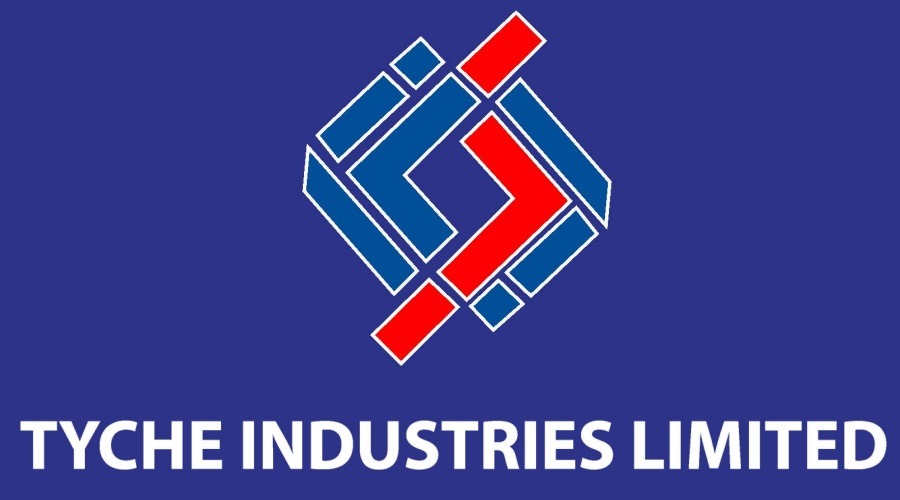
Follow WOWNEWS 24x7 on:

India has reached a significant milestone in its energy transition journey with ethanol blending in petrol achieving 20 percent, beating the original target by five years. Announced by the Prime Minister’s Office and echoed by government officials, this landmark accomplishment underscores India’s commitment to cleaner, sustainable fuels while supporting energy security and rural economies. The focus now shifts to stabilizing this achievement by improving fuel efficiency in older, non-compatible vehicles and exploring the enhanced role of biofuels in diesel vehicles, especially heavy vehicles like trucks and buses.
Key Highlights Reflecting India’s Ethanol Progress and Future Plans
Ethanol blending in petrol (E20) reached 20 percent in 2025, well ahead of the 2030 target, marking a leap since 1.5 percent in 2014.
Stabilization of the 20% blend now requires attention on older vehicles that are not fully compatible but remain in high numbers on Indian roads.
The government aims to improve fuel efficiency in these legacy vehicles rather than pushing for immediate replacement, ensuring smoother transition.
There is emerging emphasis on integrating biofuels such as ethanol into diesel fuels, particularly focusing on larger commercial vehicles, to widen environmental and energy benefits.
Trials and initial tests have revealed deposition challenges in diesel fuel tanks with ethanol blends, necessitating further research and technological solutions.
Ethanol production growth has sharply reduced crude oil imports, resulting in massive foreign exchange savings and bolstered farmer incomes through higher ethanol demand.
Understanding The Significance Of The 20% Ethanol Blending Target
India’s ethanol blending initiative, launched under the Ethanol Blended Petrol (EBP) programme, is a critical pillar of its clean energy policy designed to reduce fossil fuel dependence and cut carbon emissions. The programme has scaled ethanol production from 38 crore litres in 2014 to over 661 crore litres by mid-2025, primarily sourced from agricultural feedstocks like sugarcane and maize. This growth has generated significant income for farmers and distilleries, supporting rural livelihoods and boosting the biofuel economy.
The rise in ethanol blending supports India’s climate goals by lowering greenhouse gas emissions, with a reported reduction of nearly 700 lakh tonnes of carbon dioxide emissions since the policy’s inception. Additionally, ethanol blending has helped India save approximately ₹1.36 lakh crore in foreign exchange payments for crude oil imports.
Addressing Challenges With Older, Non-Compatible Vehicles
While many modern vehicles are designed to handle blends up to E20 seamlessly, older vehicles currently on Indian roads often face compatibility issues, resulting in concerns about fuel efficiency and engine wear. The Prime Minister’s Office has emphasized the importance of making these non-compatible vehicles more fuel efficient to stabilize ethanol blending gains without forcing rapid vehicle retirements. Measures under consideration include retrofitting, improved fuel injection technologies, and enhanced maintenance protocols to ensure safe usage of high ethanol blends in legacy vehicles.
This approach balances environmental priorities with social and economic realities where millions of older vehicles remain in operation, especially in semi-urban and rural regions.
Broadening The Biofuels Horizon In Diesel Vehicles
The government recognizes the potential of biofuels beyond petrol vehicles. There is a growing focus on exploring and scaling ethanol blending in diesel, targeting larger vehicles such as trucks and buses that contribute disproportionately to pollution and fuel consumption. Initial experimental trials have indicated fuel tank deposit formation and other mechanical challenges, making ongoing research vital before widescale commercialization.
Encouraging biofuel use in diesel vehicles complements India’s broader push towards green mobility, including electric vehicles and alternative fuels like hydrogen, aligning with its Net Zero emissions goal by 2070 under the Nationally Determined Contributions (NDC).
Policy Measures Supporting Ethanol And Biofuels Expansion
India’s proactive policy framework remains pivotal in accelerating ethanol adoption:
The National Policy on Biofuels was amended in 2022 to advance the 20% ethanol blending target to 2025.
Financial incentives include administered price mechanisms for ethanol procurement, reduced GST to 5%, ethanol interest subvention schemes, and support for cooperative sugar mills transitioning to multi-feedstock ethanol plants.
The Pradhan Mantri JI-VAN Yojana encourages advanced biofuel projects using renewable biomass.
Infrastructure improvements for ethanol storage, transportation, and blending infrastructure have been prioritized to handle increased biofuel volumes effectively.
These policies underscore a multi-stakeholder approach encompassing farmers, distilleries, oil marketing companies, and technology providers to ensure supply security and program sustainability.
Environmental And Economic Impacts
The ethanol blending program has yielded wide-ranging benefits, including:
Carbon emission reductions equivalent to planting 30 crore trees.
Significant foreign exchange savings by reducing oil imports.
Boosted rural incomes from ethanol feedstock cultivation, thereby supporting farmers and stabilizing agricultural economies.
Enhanced energy security and diversification of India’s fuel mix.
Looking Ahead
India’s commitment to biofuels is accelerating, driven by ambitious targets and pragmatic implementation strategies. The focus on stabilizing ethanol blending benefits while innovating for diesel vehicle compatibility highlights a holistic approach to energy transition. Continued advancements in vehicle technology, biofuel production, and infrastructure will be key enablers in achieving a sustainable, self-reliant energy future.
The road ahead signals increased collaboration among government bodies, industry stakeholders, and research institutions to overcome technical and logistical hurdles, enabling India to meet its climate and energy goals efficiently.
Sources: Press Information Bureau India, Ministry of Petroleum and Natural Gas, Rajya Sabha Records, Times of India, Economic Times, DD News



